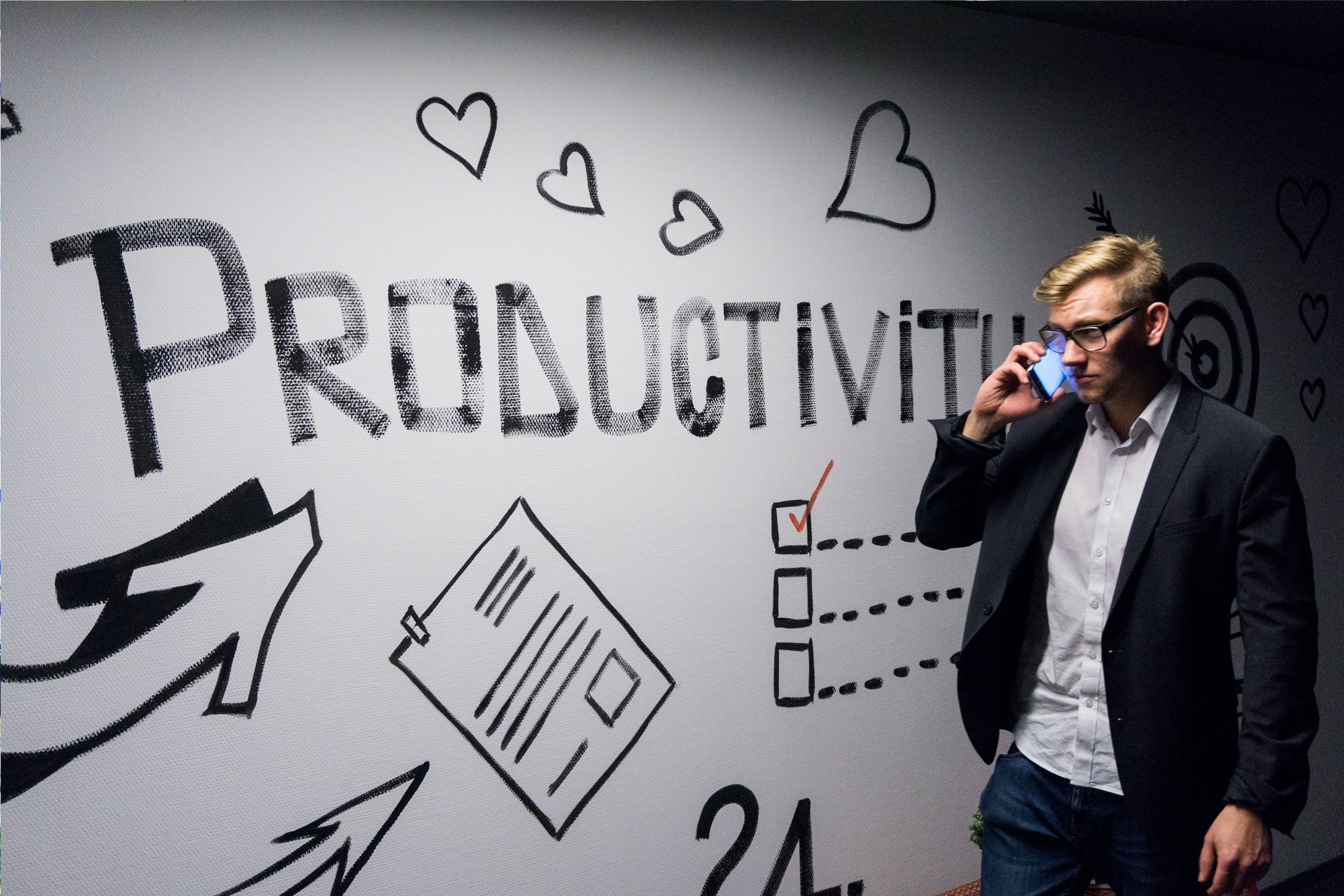Productivity is one of the most sought-after traits in today’s fast-paced and competitive world. Young professionals, in particular, are constantly on the lookout for ways to boost their productivity and achieve more in less time. And while there are countless tips and tricks out there, nothing beats a solid set of daily habits that can help you stay focused, motivated, and productive no matter what.
The 10 Daily Habits of Highly Productive Young Professionals is a comprehensive guide that outlines some of the most effective habits practiced by successful individuals across various industries. From waking up early to prioritizing tasks and taking regular breaks, these habits are designed to help you optimize your time and energy levels so you can accomplish more with less effort.
By incorporating these habits into your daily routine, you can expect to see significant improvements in your productivity levels over time. Whether you’re a student trying to ace exams or a professional looking to climb the corporate ladder, these habits will give you the edge you need to succeed in any field or industry. So why wait? Start practicing them today and watch as your productivity soars!
1. Wake up Early:
One of the most common habits among highly productive young professionals is waking up early. By starting the day earlier, individuals have more time to accomplish tasks and get ahead on their work. Additionally, waking up early can help improve productivity levels throughout the day and lead to a better work-life balance.
To make waking up early easier, it’s important to establish a consistent sleep schedule and create a relaxing bedtime routine. This could include avoiding screens before bed, reading a book or meditating before winding down for the night. It’s also helpful to set an alarm across the room from your bed or use an app that simulates sunrise to gradually wake you up.
Overall, waking up early is a beneficial habit that can lead to increased productivity and overall well-being for young professionals who want to achieve success both personally and professionally.
2. Set Goals:
Setting goals is an essential habit of highly productive young professionals. Without clear and measurable objectives, it’s easy to lose focus and direction in one’s work. Goal-setting involves defining specific targets that can be achieved within a given time frame. These targets should be realistic, challenging, and aligned with one’s overall career aspirations.
To set effective goals, young professionals should start by identifying their priorities and breaking down larger objectives into smaller, more manageable tasks. This approach helps to create a sense of progress and momentum while reducing overwhelm. Additionally, setting deadlines for each goal ensures that there is accountability for completing the tasks at hand.
Incorporating goal-setting into daily routines not only increases productivity but also helps young professionals develop self-discipline and motivation. Celebrating small wins along the way creates positive reinforcement for continuing this habit in the long run. Overall, setting goals is a crucial step towards achieving success in any professional endeavor.
3. Take Breaks:
Taking breaks is one of the most underrated habits when it comes to boosting productivity. While many young professionals may feel like working non-stop for long hours is the key to success, research shows that taking regular breaks can actually improve focus and creativity. It’s important to give your brain time to rest and recharge so that you can come back to work feeling refreshed and focused.
One effective technique for taking breaks is the Pomodoro method, which involves working for 25 minutes and then taking a five-minute break before starting another 25-minute work session. This approach helps prevent burnout while also helping you stay on task by breaking your work into manageable chunks. During your break time, try doing something active or relaxing such as stretching, going for a quick walk or even meditating.
Finally, it’s important to remember that not all breaks are created equal. Taking a break by scrolling through social media or checking email may feel like a way to relax but in reality, they often lead to procrastination and distraction. Instead, try something more intentional like reading an article related to your industry or chatting with someone who inspires you. By being mindful about how you take your breaks, you’ll be able to make the most out of this crucial time away from work.

4. Exercise:
Exercise is key to maintaining a productive lifestyle, both physically and mentally. Highly productive young professionals make it a point to engage in some form of exercise on a regular basis. Exercise not only boosts energy levels but also improves focus and concentration.
One way to incorporate exercise into your daily routine is by scheduling it into your calendar as if it were an important meeting. This way, you are more likely to stick with your commitment and make exercise a priority in your day-to-day life. Another effective method is by finding an accountability partner who shares similar fitness goals, so that you can motivate each other and stay on track towards achieving them.
It’s important to find an exercise routine that works for you and suits your lifestyle. Whether it’s running, yoga, or strength training at the gym, choose something that you enjoy doing and look forward to. Making exercise a consistent part of your daily habits will not only benefit your productivity but also contribute towards leading a healthy life overall.
5. Networking:
Networking is a critical aspect of being a highly productive young professional. Building and maintaining relationships with colleagues, clients, and industry peers can help open doors to new opportunities, collaborations, and ideas. It’s important to attend networking events and conferences regularly to expand your network beyond your immediate workplace.
In addition to attending events, it’s essential to follow up with contacts afterward. Send an email or LinkedIn message thanking them for their time and expressing interest in staying connected. Engaging with others on social media platforms like Twitter or Instagram is another way to build relationships in the digital age.
Lastly, don’t forget about the power of referrals. If you know someone who would be perfect for a job opening or project opportunity that one of your contacts mentioned, make the introduction. Your willingness to help others will not only strengthen your network but also enhance your reputation as a reliable and helpful colleague in the eyes of those around you.
Close for part 1
Look out for part 2 later this week.



